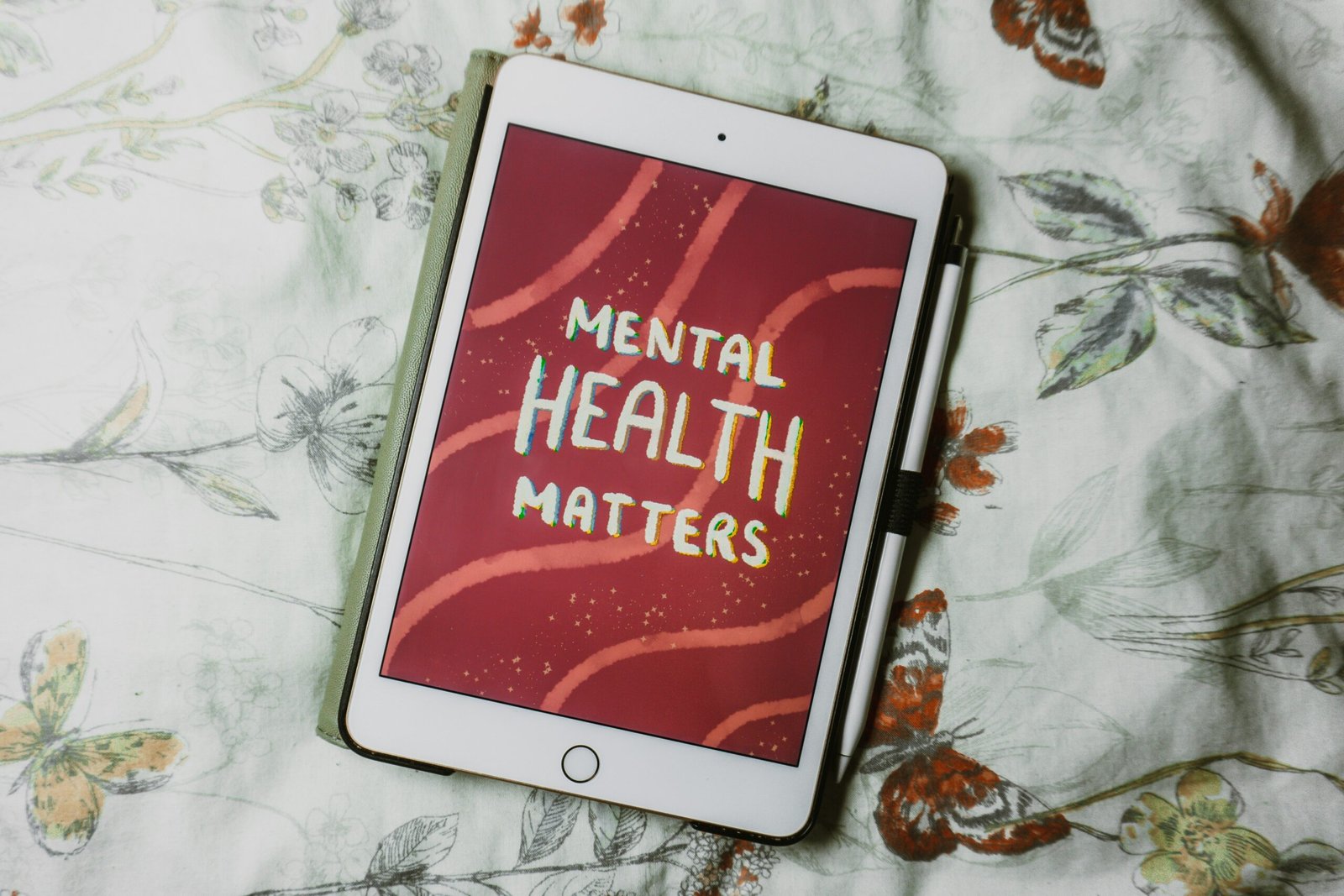The Rise of Mental Health Apps
In recent years, the use of apps for mental well-being has seen a significant increase. More and more people are turning to these digital tools to seek help with various aspects of their mental health, such as meditation, goal setting, and mindfulness. The convenience and accessibility of these apps have made them a popular choice for individuals looking to improve their mental well-being.
Benefits of Mental Health Apps
One of the primary reasons why mental health apps have gained popularity is their ability to provide support and guidance at any time and in any place. Unlike traditional therapy, which often requires scheduling appointments and attending in-person sessions, these apps allow users to access resources and tools whenever they need them. This flexibility is particularly valuable for individuals with busy schedules or those who may not have access to mental health services in their area.
Another benefit of mental health apps is their ability to offer a wide range of resources and techniques to support mental well-being. From guided meditations and breathing exercises to mood tracking and goal setting, these apps provide users with a variety of tools to help manage their mental health. Additionally, many apps offer personalized recommendations and tailored content based on the user’s specific needs and goals, making the experience more individualized and effective.
Types of Mental Health Apps
There are numerous types of mental health apps available, each designed to target different aspects of mental well-being. Here are a few examples:
1. Meditation Apps: These apps provide guided meditation sessions for users to practice mindfulness and relaxation. They often include features such as calming music, nature sounds, and breathing exercises to help individuals reduce stress and improve their overall mental well-being.
2. Mood Tracking Apps: These apps allow users to monitor and track their moods, emotions, and overall mental state. By keeping a record of their feelings, individuals can identify patterns and triggers, enabling them to make informed decisions about their mental health and seek appropriate support when needed.
3. Cognitive Behavioral Therapy (CBT) Apps: CBT is a widely recognized therapeutic approach for managing mental health conditions. CBT apps offer tools and techniques based on this approach, helping individuals identify and challenge negative thought patterns, develop coping strategies, and improve their overall mental resilience.
4. Sleep Apps: Sleep plays a crucial role in mental well-being, and many apps focus on improving sleep quality. These apps often provide relaxation techniques, soothing sounds, and sleep tracking features to help individuals establish healthy sleep patterns and improve their overall mental and physical health.
The Future of Mental Health Apps
As technology continues to advance, the future of mental health apps looks promising. With ongoing research and development, these apps are likely to become even more sophisticated, offering personalized and targeted interventions for a wide range of mental health conditions.
Furthermore, the integration of artificial intelligence (AI) and machine learning into mental health apps holds great potential. AI algorithms can analyze user data and provide personalized recommendations and interventions based on individual needs and preferences. This could revolutionize the way mental health support is delivered, making it more accessible and effective for a larger population.
In conclusion, mental health apps have become a popular choice for individuals seeking support and guidance for their mental well-being. The convenience, accessibility, and variety of resources offered by these apps make them an attractive option for many. As technology continues to advance, we can expect mental health apps to play an even more significant role in supporting and improving mental well-being.



































